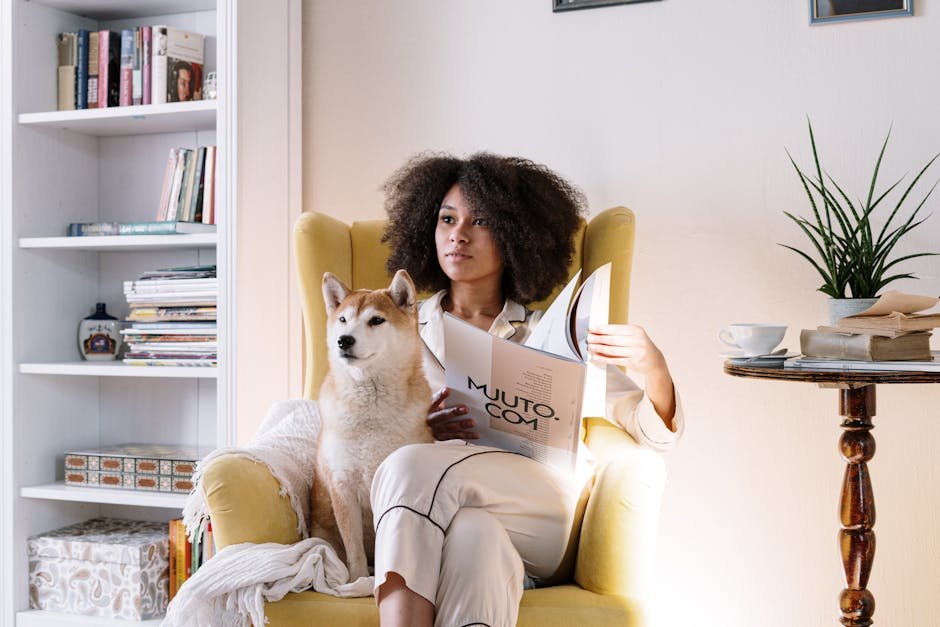Dogs, our loyal companions, have a unique way of communicating their emotions. While they can’t express themselves in words, their actions speak volumes. Jealousy isn’t just a human trait; our furry friends can exhibit signs of it too. Understanding these subtle hints can help strengthen your bond with your pet. This article delves into the various ways dogs might display jealousy, shedding light on their intricate emotions.
Overly Clingy Behavior
One of the most noticeable signs that your dog might be feeling jealous is when they become excessively clingy. Imagine you’re on the phone or paying attention to something else, and suddenly, your dog is right there, nudging you for attention. It’s as if they’re saying, “Hey, remember me?” This behavior is their way of reclaiming your focus. Dogs are pack animals, and they thrive on the connection they have with their owners. When they sense a shift in attention, they might go the extra mile to ensure they’re not forgotten.
Interrupting Your Activities
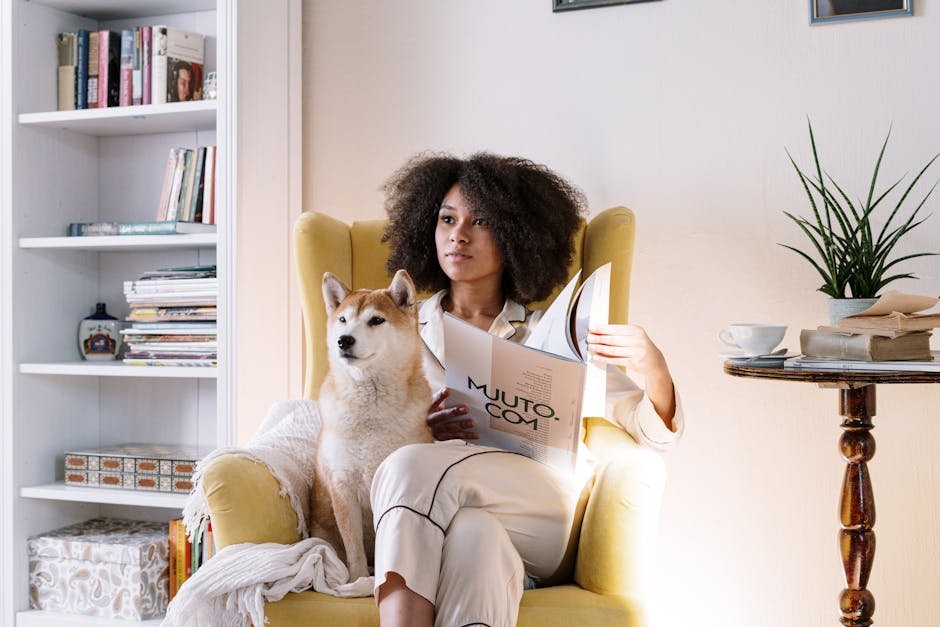
Have you ever been in the middle of a task only for your dog to suddenly jump on you or start barking? This interruption is more than just a plea for attention; it can be a sign of jealousy. Dogs are incredibly perceptive and can sense when your attention is diverted elsewhere. By interrupting, they’re attempting to draw you back into their world, reminding you of their presence and importance in your life.
Destructive Behavior
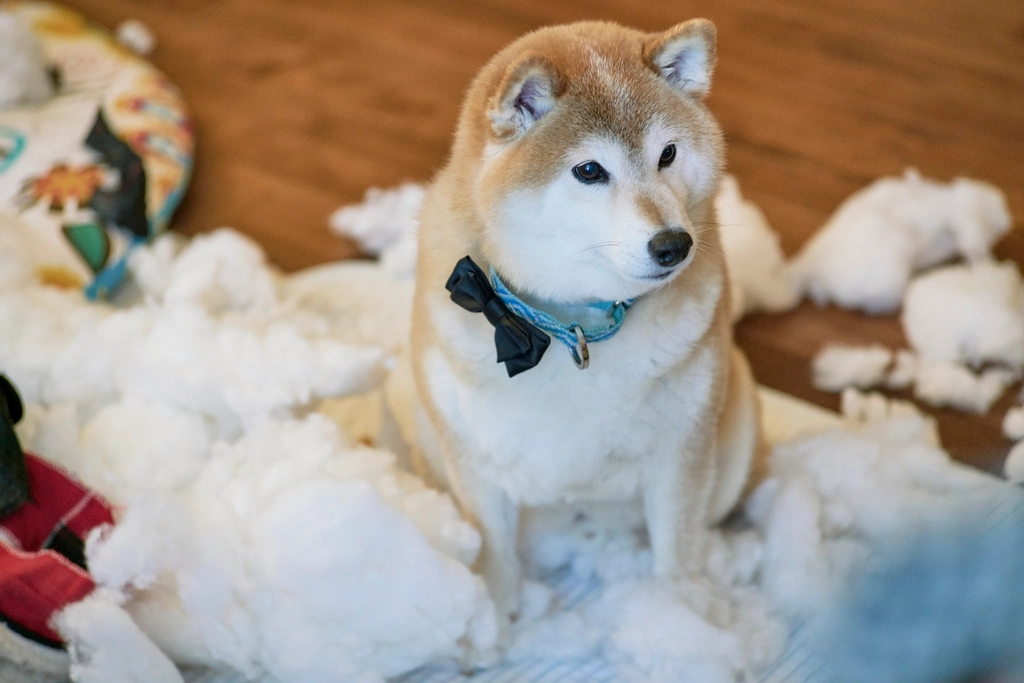
When dogs feel left out or jealous, they might resort to destructive behaviors. This could range from chewing on your shoes to tearing up the couch cushions. Think of it as their version of a temper tantrum. They’re not being naughty for the sake of it; instead, they’re expressing their feelings of displacement. This behavior is a cry for help, signaling that something is amiss in their emotional world.
Guarding You from Others
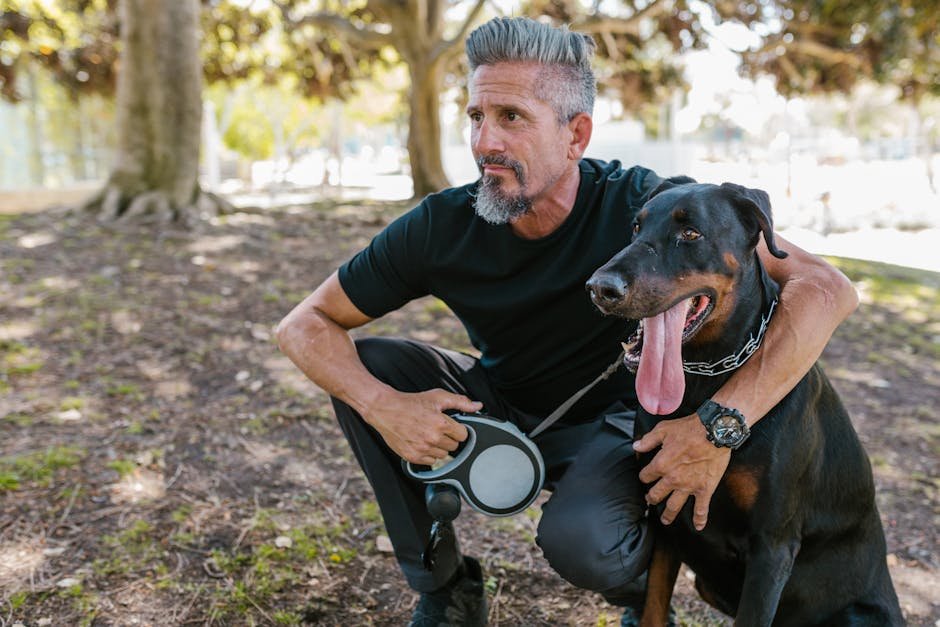
Dogs are naturally protective, but when jealousy kicks in, this trait might become more pronounced. You might notice your dog positioning themselves between you and another pet or person. This guarding action is their way of asserting their place in your life. It’s a clear message: “You’re mine, and I don’t want to share.” While this behavior is rooted in love, it’s essential to address it, ensuring your dog feels secure in their relationship with you.
Showing Affection to a Rival
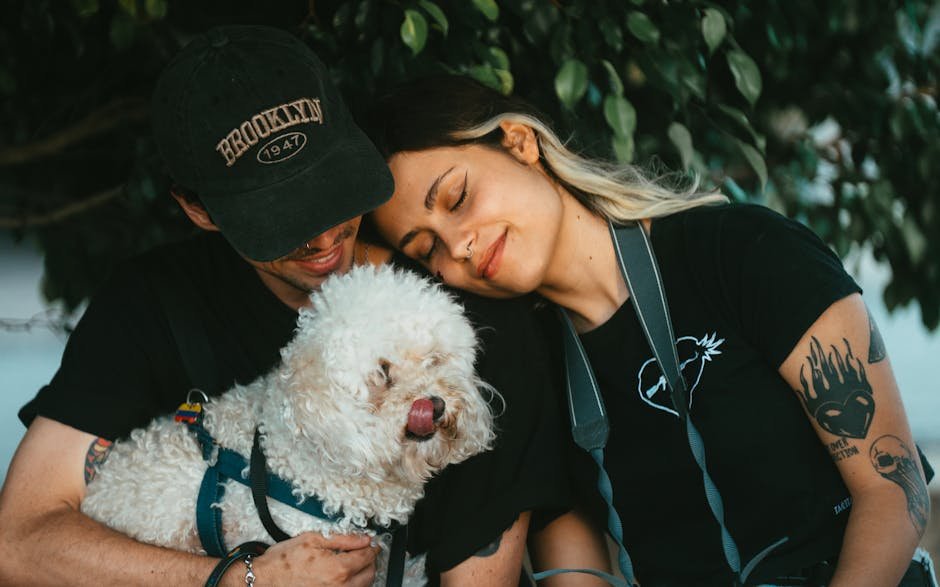
Interestingly, some dogs might try to win back your attention by showering affection on what they perceive as a rival. This could be another pet or even a new partner. They might snuggle up to them or try to engage them in play. This tactic is a clever way of ensuring they remain in the spotlight, as they know you’ll notice their efforts. It’s a testament to their intelligence and adaptability, using charm to regain their place in your heart.
Sudden Change in Appetite

A sudden change in your dog’s eating habits can also indicate jealousy. They might refuse their favorite treats or become overly interested in food. This shift is a reflection of their emotional state. Just like humans might lose or gain appetite when feeling stressed or insecure, dogs can exhibit similar behaviors. It’s essential to monitor these changes and ensure they don’t escalate into health issues.
Excessive Barking or Whining
Communication is key for dogs, and when they’re feeling jealous, they might become more vocal. Excessive barking or whining can be their way of expressing dissatisfaction. It’s as if they’re trying to tell you, “Hey, I’m not happy with this situation!” While it might be tempting to dismiss this behavior as mere noise, it’s crucial to recognize it as a sign of their emotional turmoil and address the underlying issue.
Avoiding Interaction
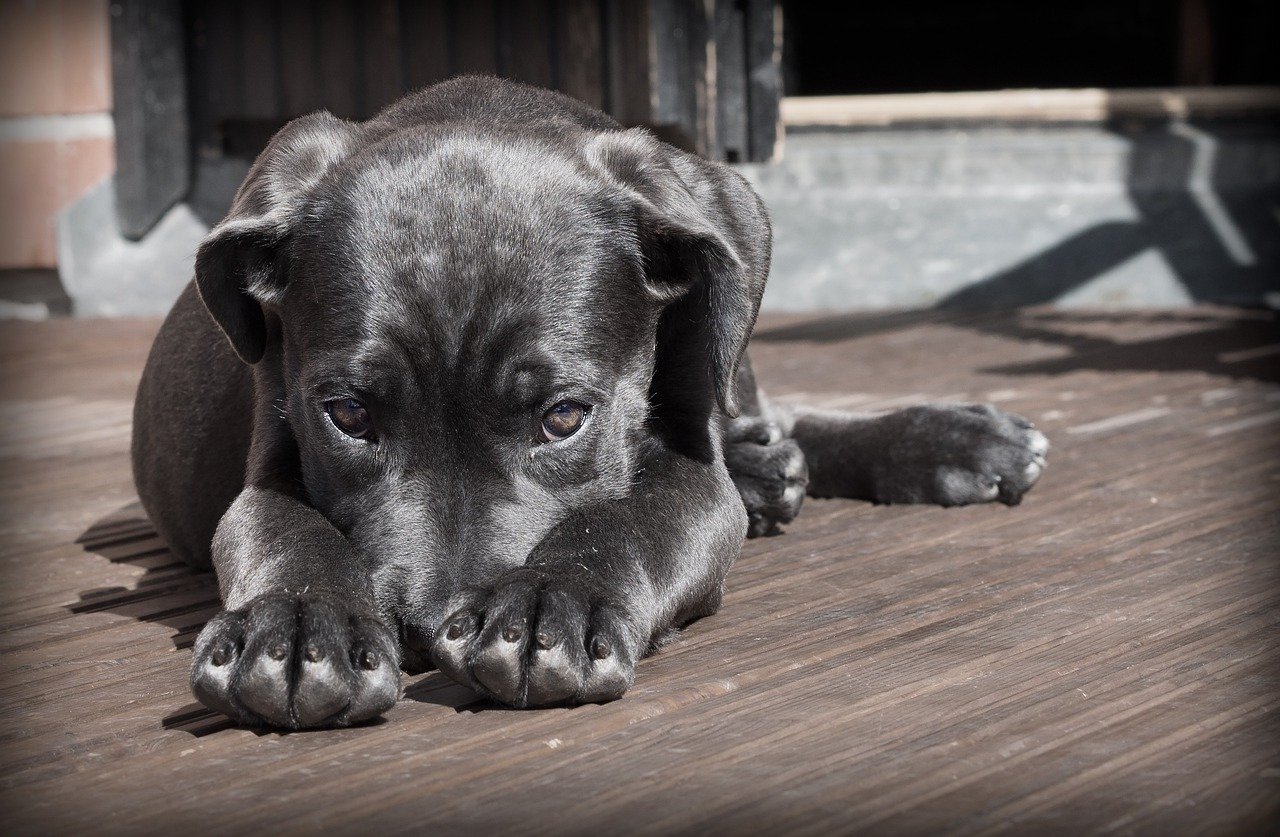
Not all dogs express jealousy through attention-seeking behaviors. Some might do the opposite and withdraw from interaction. If your usually social dog suddenly starts avoiding you or other pets, it could be a sign of jealousy. This withdrawal is a coping mechanism, allowing them to process their feelings. It’s vital to approach them gently, encouraging interaction without forcing it, helping them feel secure again.
Frequent Accidents Indoors
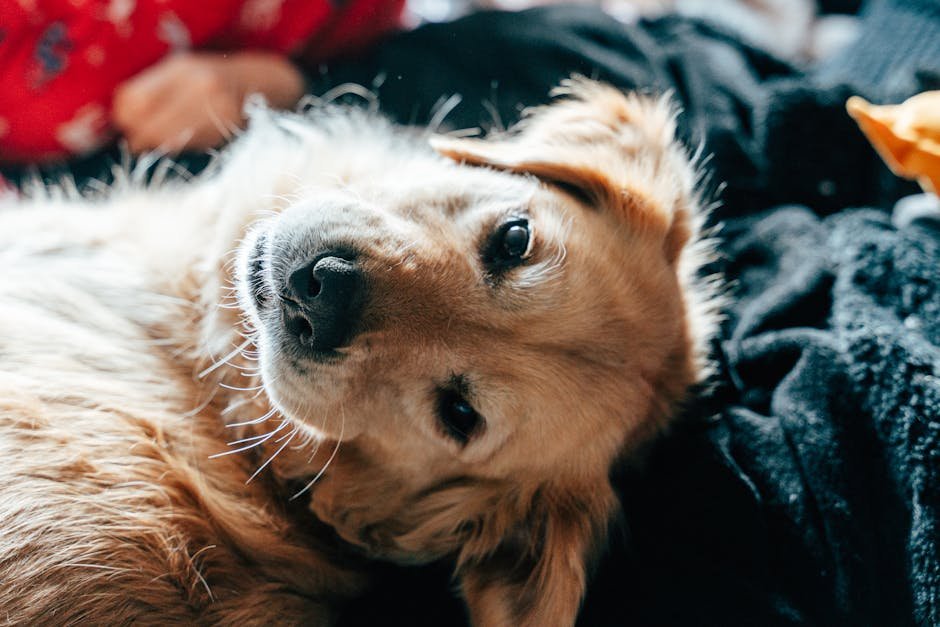
House-trained dogs having frequent accidents indoors can be a sign of emotional distress, including jealousy. This behavior isn’t about defiance but rather an expression of their inner turmoil. It’s crucial to address this issue with patience, understanding that it’s a symptom of something deeper. Reinforcing positive behaviors and ensuring they feel loved can help alleviate this problem.
Overly Protective of Toys
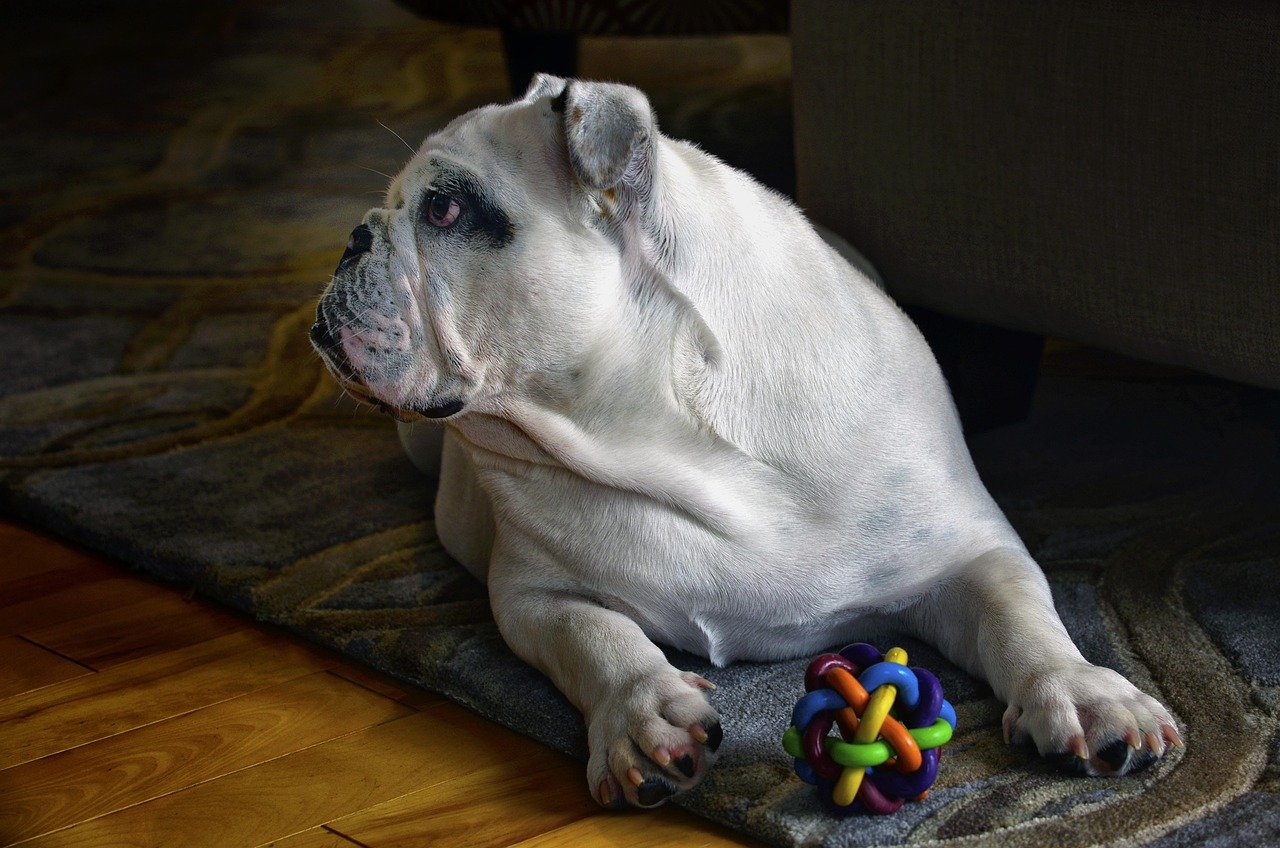
If your dog suddenly becomes possessive of their toys, it might be a sign of jealousy. They could start guarding their favorite items, preventing other pets or even you from getting close. This behavior is their way of asserting control in a situation where they feel they might be losing it. By ensuring they feel secure and not threatened, you can help them relax and share once more.
Mimicking Your Actions
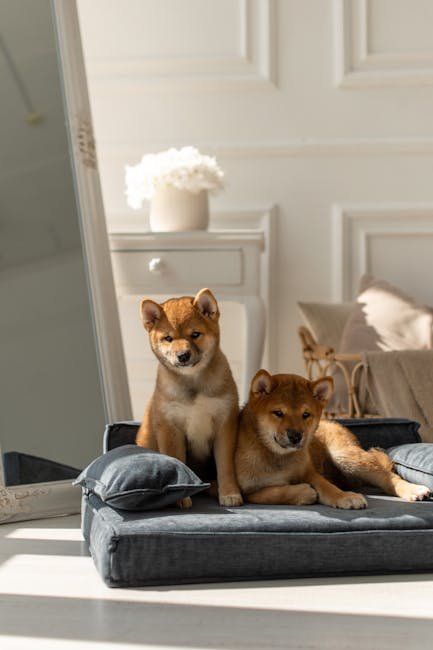
Dogs are observant creatures, and when feeling jealous, they might start mimicking your actions. If you’re giving attention to another pet, they might try to imitate that pet’s behavior. This mimicry is their way of fitting in and ensuring they’re part of the dynamic. It’s a clever tactic, showcasing their adaptability and desire to remain involved in your life.
Seeking Comfort in Familiar Items
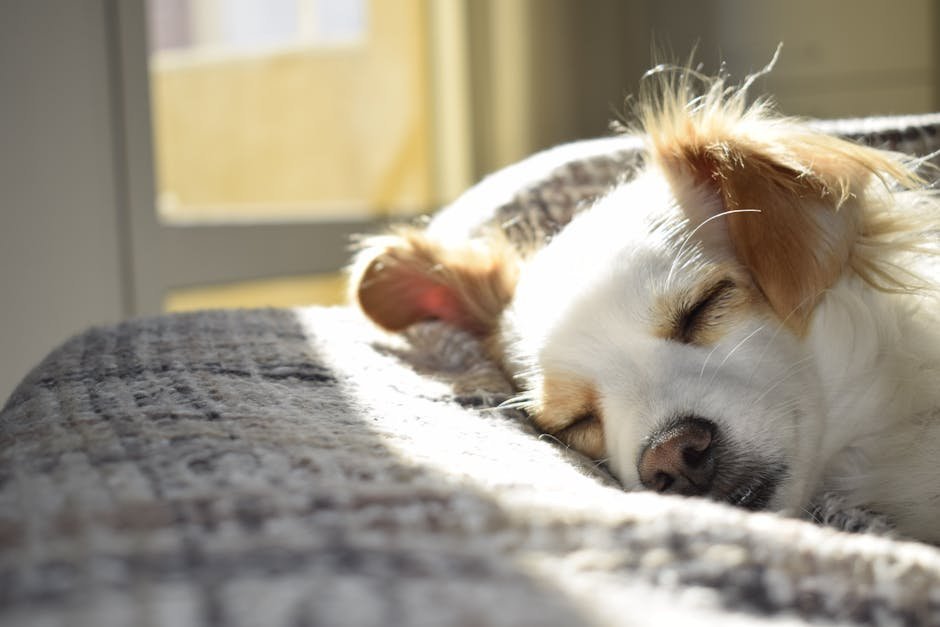
When feeling insecure or jealous, dogs might seek comfort in familiar items like your clothes or their favorite blanket. These items carry your scent, providing them with a sense of security. It’s a reminder of your bond, offering solace in times of emotional upheaval. By recognizing this behavior, you can ensure they feel loved and valued, reinforcing the special connection you share.
In conclusion, understanding the subtle signs of jealousy in dogs can strengthen your relationship with them. By addressing these behaviors with empathy and patience, you can ensure your furry friend feels secure and cherished, maintaining the loving bond that makes your companionship so special.


Esther is from India; the heartbeat of South Asia, holding a Master’s degree in Zoology and a postgraduate diploma in Animal Welfare. Her enthusiasm for animal welfare drives her passion and dedication to working for animals, ensuring their well-being, and advocating for their rights. With a solid academic background and hands-on experience, she is committed to making a positive impact in the field of animal welfare. In her free time, she enjoys embroidery and sewing. As a Chennaite from Tamil Nadu, Esther loves Bharathanatyam, an Indian classical dance form.

